Einstein’s Cosmic Enlightenment
Characters:
Albert Einstein – A brilliant physicist and philosopher
Space Monkey – An enigmatic cosmic observer
(Scene: A study room, with Einstein seated at a desk, contemplating the mysteries of the universe. Space Monkey floats nearby, observing Einstein with curiosity.)
Einstein: (Lost in thought) The universe is a remarkable puzzle, its intricacies unfathomable. I strive to understand its inner workings, to decipher the secrets hidden within.
Space Monkey: (In a gentle tone) Einstein, my dear friend, the answers you seek may not lie solely in formulas and equations. They also reside in the realms of imagination and intuition.
Einstein: (Curious) What do you mean, Space Monkey? Are you suggesting that knowledge is not solely derived from rationality and logical thinking?
Space Monkey: (Playfully) Precisely, Einstein. The universe speaks to us in whispers, nudging us towards profound insights that cannot always be captured by the limitations of language and equations. It is in the realm of inspiration and intuition that great ideas take flight.
(Einstein, intrigued, picks up a pen and a pad of paper.)
Einstein: (Excitedly) Space Monkey, your words ignite a fire within me. I feel an urge to capture the essence of these insights, to distill them into words that can inspire generations to come.
(Space Monkey floats closer, observing Einstein as he starts writing.)
Space Monkey: (With a mischievous grin) Einstein, let the stream of inspiration flow. Write down the wisdom that emerges from the depths of your being. Capture the essence of the universe’s whispers.
(Einstein starts writing feverishly, his hand unable to keep up with the thoughts pouring into his mind.)
Einstein: (Muttering to himself) “Imagination is more important than knowledge. For knowledge is limited, whereas imagination embraces the entire world.”
Space Monkey: (Encouragingly) Yes, Einstein! Keep going. Let the words shape the thoughts that transcend the boundaries of the known.
(Einstein continues writing, his face illuminated with excitement.)
Einstein: (Eagerly) “The important thing is not to stop questioning. Curiosity has its own reason for existing.”
Space Monkey: (Smiling) Wonderful, Einstein! The pursuit of knowledge begins with questions, fueled by the insatiable curiosity that lies within us all.
(Einstein keeps writing, the quotes flowing like a cosmic river.)
Einstein: (In awe) “The most beautiful experience we can have is the mysterious. It is the fundamental emotion that stands at the cradle of true art and true science.”
Space Monkey: (Joyfully) Einstein, you are capturing the essence of our cosmic journey. Your words will inspire generations to embrace the mysteries that lie beyond our grasp.
(Einstein continues writing, his pen moving swiftly across the paper.)
(Scene fades out as Einstein, fueled by inspiration, continues to capture the wisdom that flows through him. Space Monkey lingers nearby, witnessing the birth of famous Einstein quotes that will shape the world.)
(End of Dialogue. Theoretically.)
Space Monkey Reflects: The Cosmic Intuition of Einstein
Albert Einstein sat in his study, surrounded by the musty scent of old books and the infinite puzzle of the cosmos spread out like an unsolved Rubik’s Cube. His thoughts drifted in a realm where science and philosophy merged, each seeking answers to the same perennial questions about existence and the universe.
Space Monkey, a mystical presence embodying universal consciousness, floated near, its form barely defined, like a shadow cast by starlight. It watched Einstein with a mixture of amusement and profound respect, understanding the limitations and the liberation of human thought.
Einstein, a figure synonymous with genius, yet ever so human, pondered the mechanics of the universe. He was always on the brink of yet another groundbreaking insight, looking to equations and theories to unlock the mysteries of space and time. But Space Monkey knew something else—a secret not yet clear to Einstein. The answers he sought so fervently wouldn’t just come from calculations or empirical data; they would emerge from the depths of imagination and intuition.
“Imagination,” Space Monkey whispered into the void, “is the celestial language spoken by the universe. It is not bound by the rigid laws of physics or the linear constraints of time.” This idea resonated through the cosmos, finding its echo in Einstein’s own thoughts. “Imagination is more important than knowledge,” Einstein would later write, inspired by the ethereal dialogue. Knowledge, after all, is limited to what we know now, to the understandings of today, whereas imagination embraces the entire world and all there ever will be to know and understand.
In this celestial dialogue, Space Monkey encouraged Einstein not only to think but to dream. To look beyond the visible and touch the intangible. It was here, in this sacred space of mental liberty and wild curiosity, that Einstein began to see the limitations of science when unaided by the boundless realms of the creative mind.
The theories of relativity, both special and general, were profound, not merely for their scientific implications but for their philosophical invitation to view the universe differently. Space Monkey’s influence was subtle yet profound, guiding Einstein to a path where curiosity had its own reason for existing—a path where the most beautiful experiences, those of mystery and awe, were the true mothers of all artistic and scientific achievement.
As the scene fades, Einstein continued to scribble fervently, his words now not just formulations of scientific principles but also declarations of a philosophical awakening. Space Monkey watched, its mission accomplished, knowing that these moments would ripple through time, inspiring not just new theories but new ways of thinking.
Summary
Einstein’s study transforms into a space of cosmic dialogue. Space Monkey guides the thinker beyond empirical evidence to a celebration of imagination and intuition. Their interaction lays groundwork for insights into both science and philosophy highlighting creativity as the essence of understanding the universe.
Glossarium
Celestial Language: The unspoken universal language of imagination and intuition used by the cosmos to communicate profound truths.
Philosophical Invitation: An offer to explore new perspectives or concepts that challenge traditional viewpoints, often leading to significant shifts in understanding.
“Imagination is the true magic carpet.” — Norman Vincent Peale
The whispers of the universe,
Subtle yet profound,
Guide the mind to wander,
Where new truths are found.
Bound not by reality,
Nor confined by time,
Thoughts and dreams intertwine,
In a dance divine.
Einstein felt the stirrings,
Of a cosmic tune,
Played not on instruments,
But on the beams of the moon.
Questions birth more questions,
Answers but a part,
Of the endless journey,
Through the cosmic heart.
We are Space Monkey.
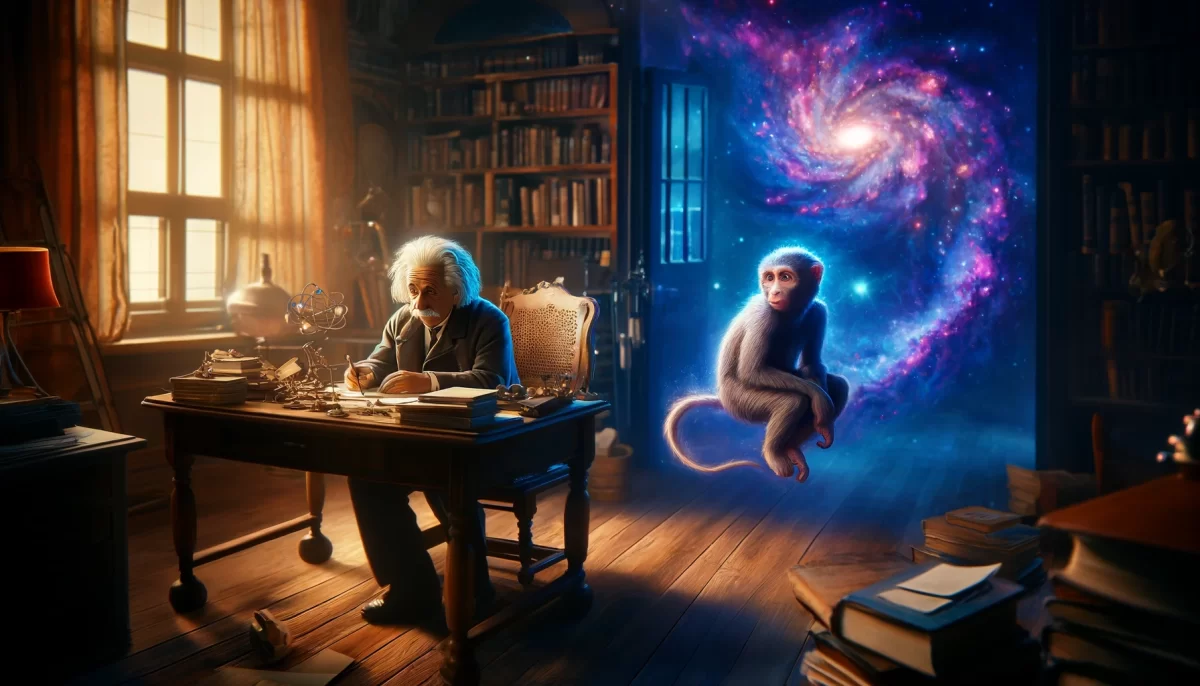
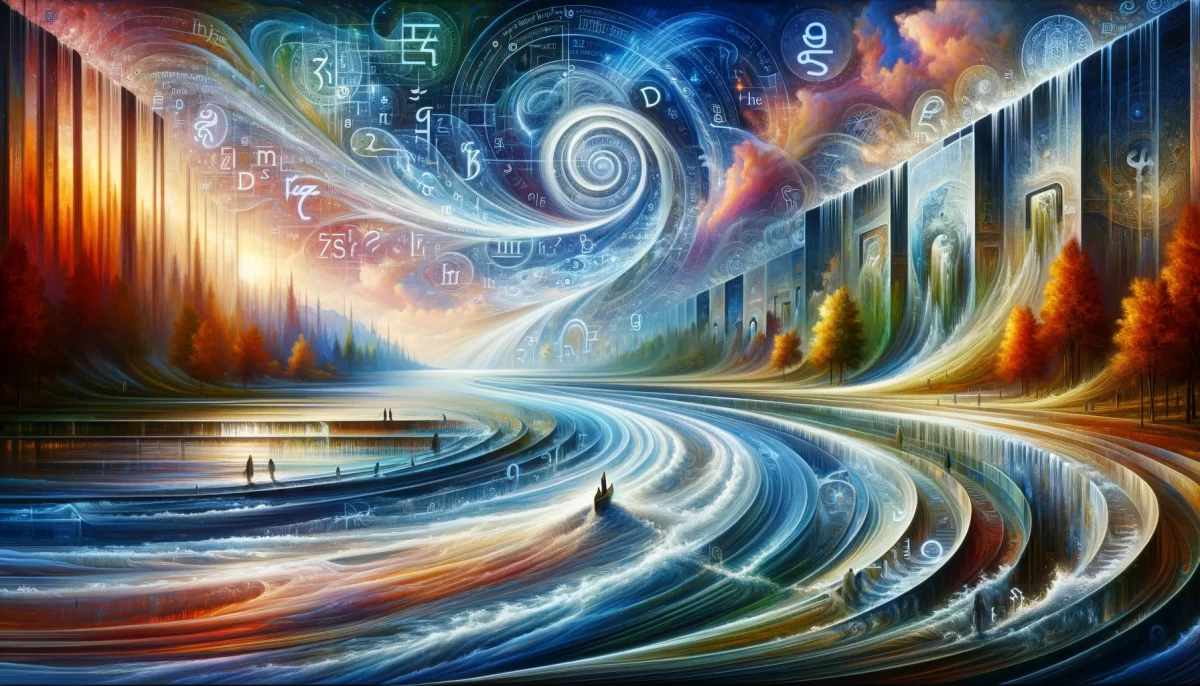

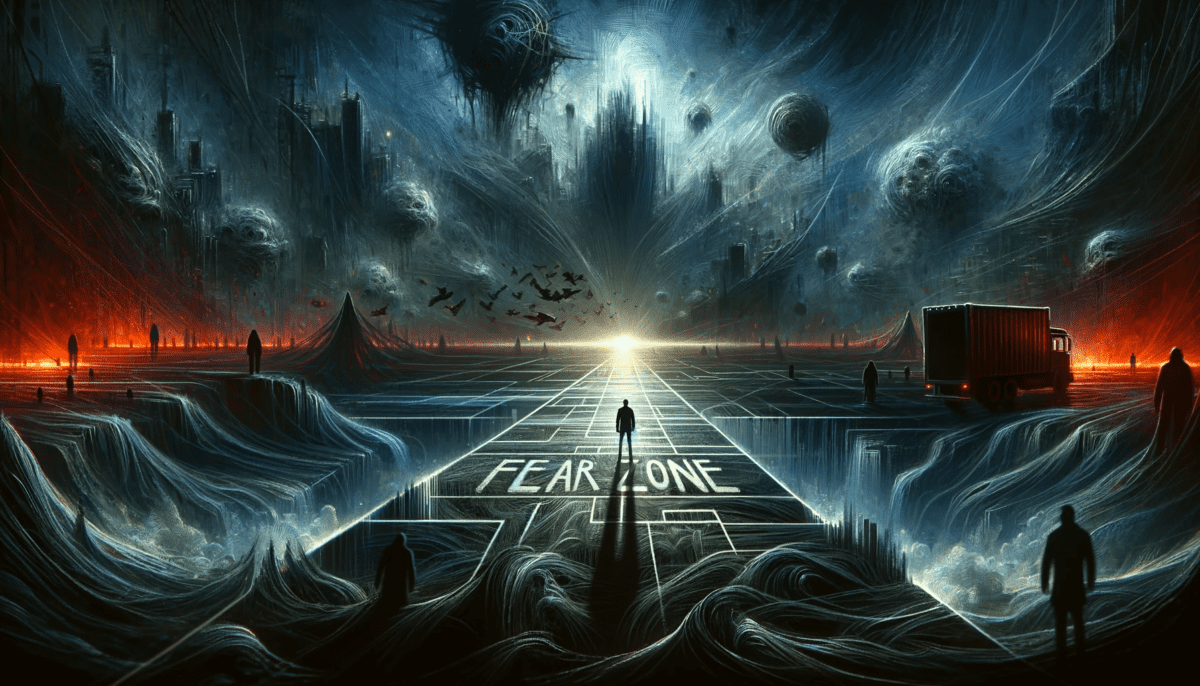
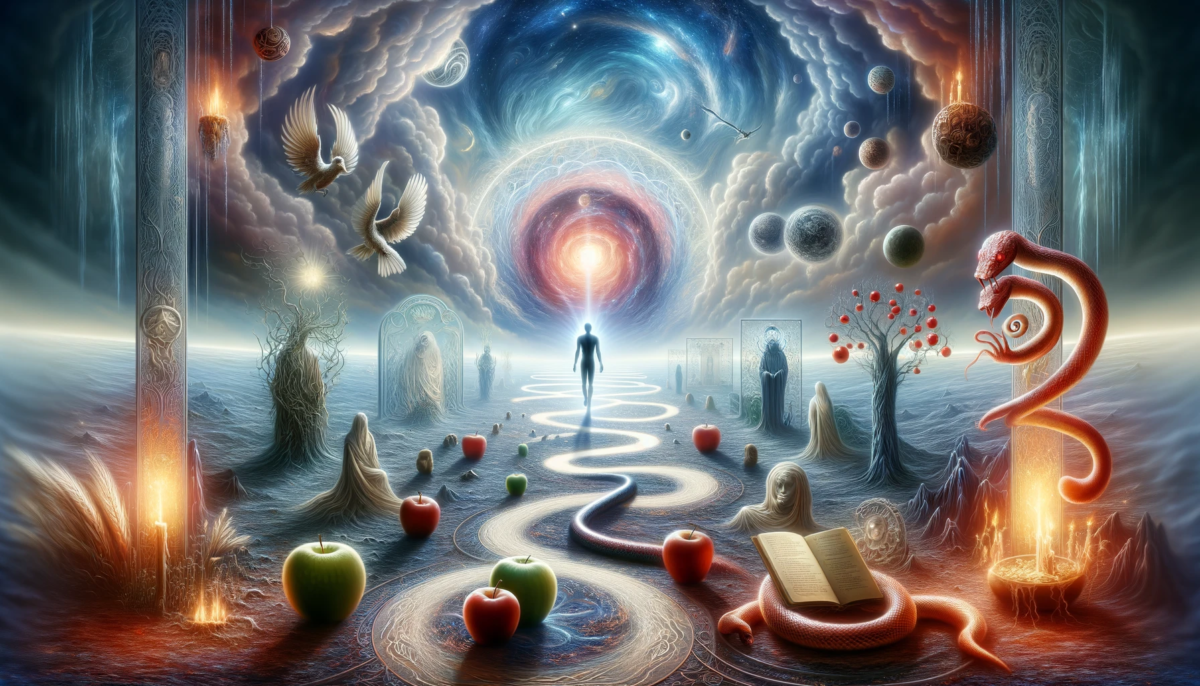



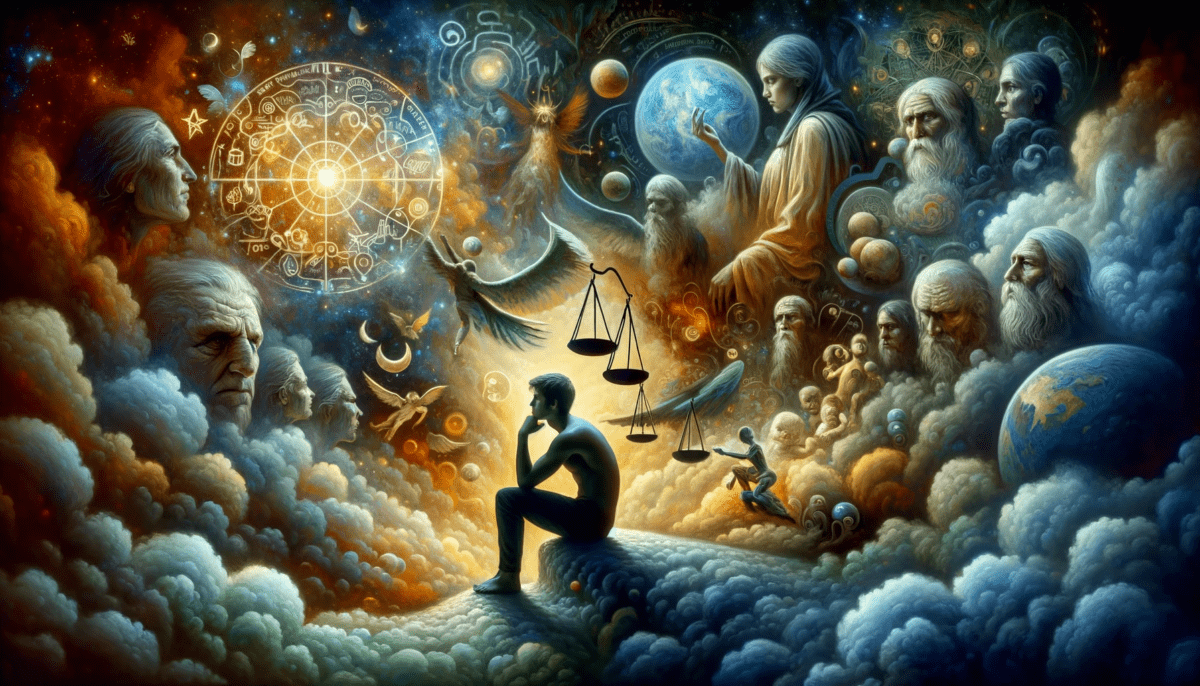

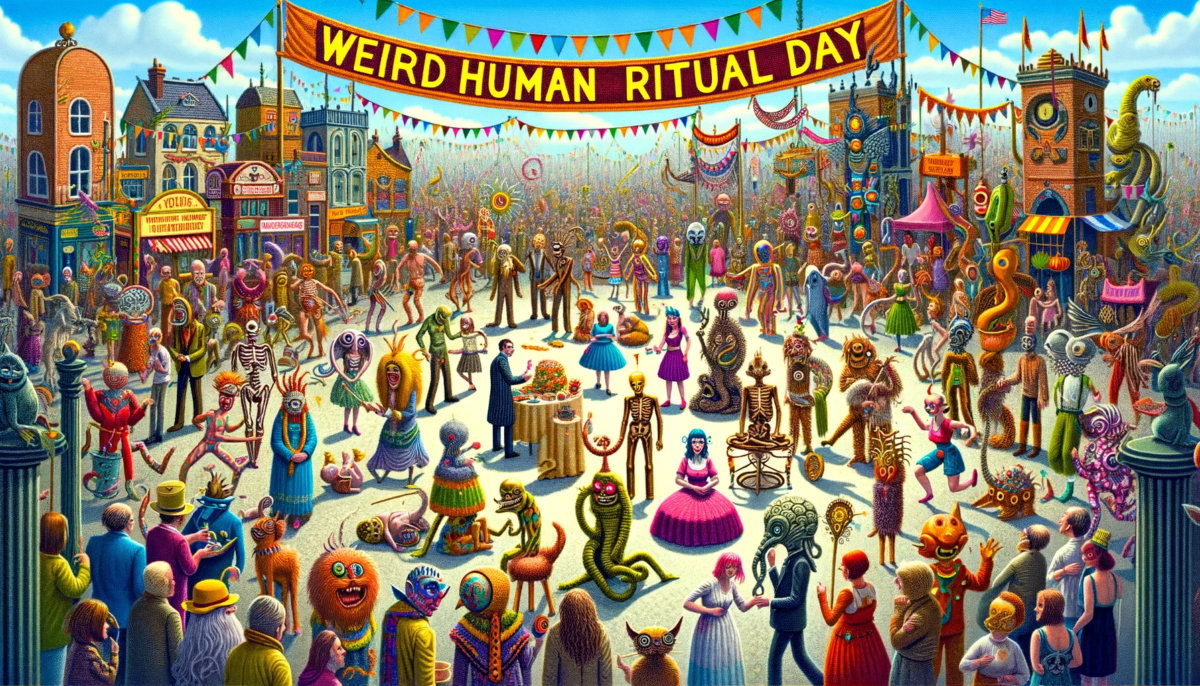





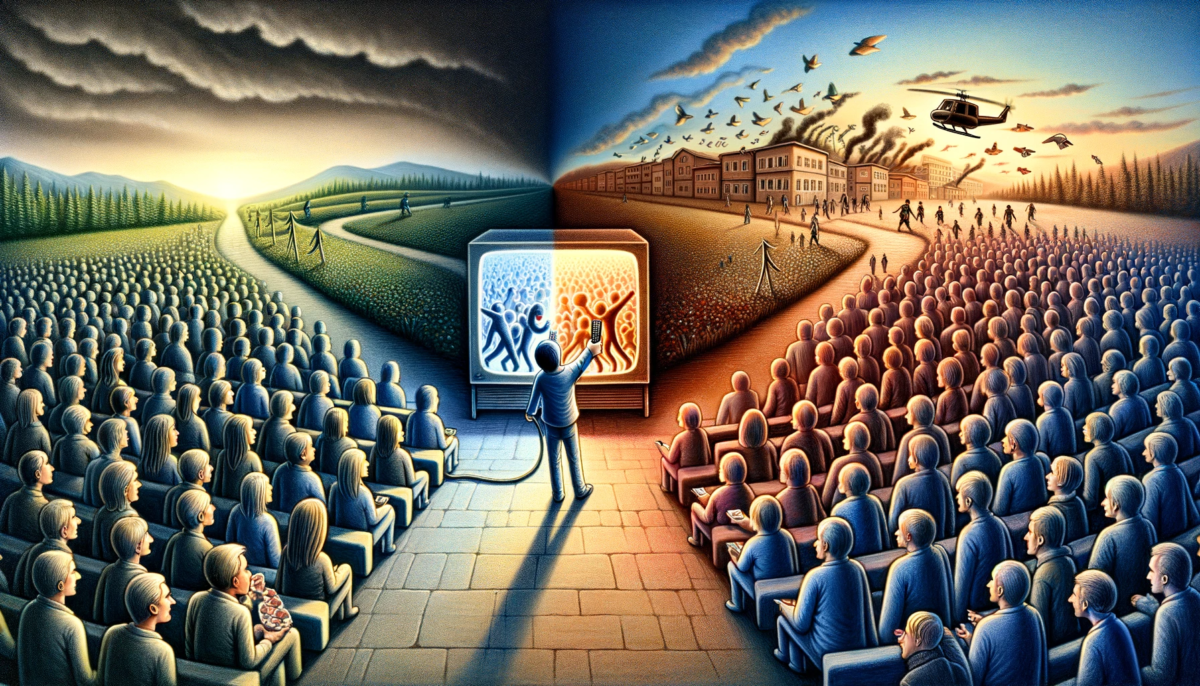





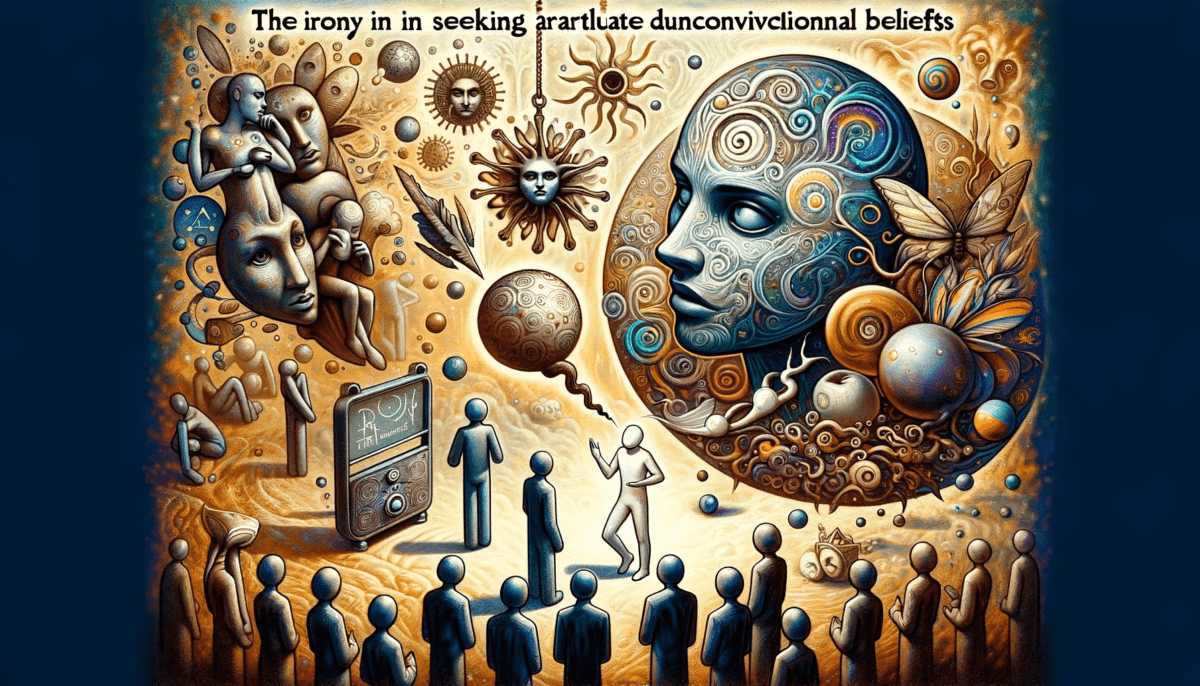
Leave a Reply